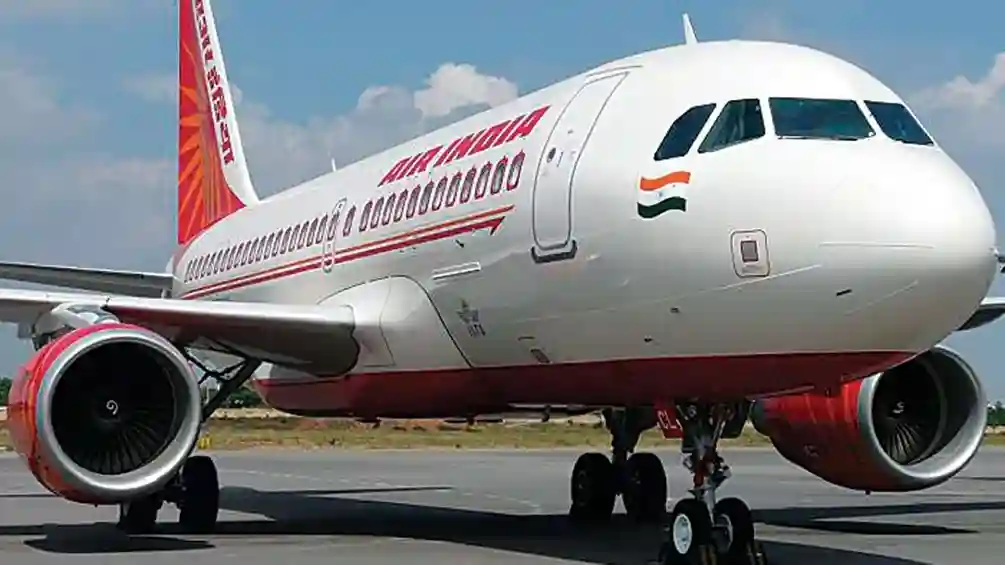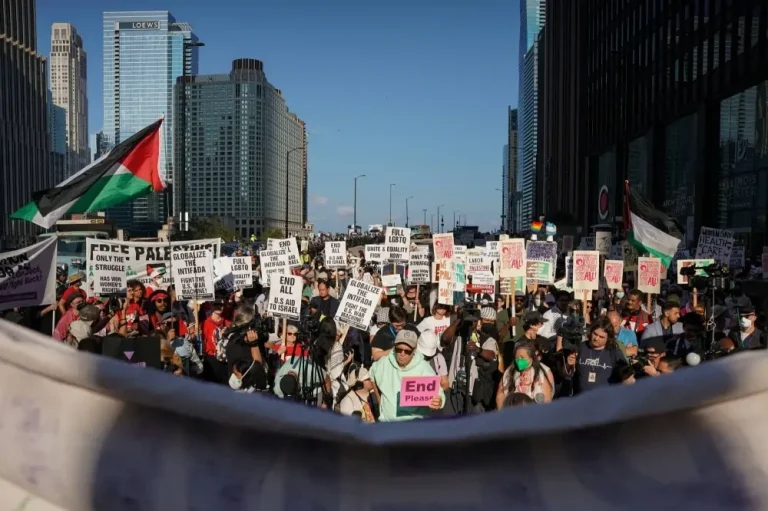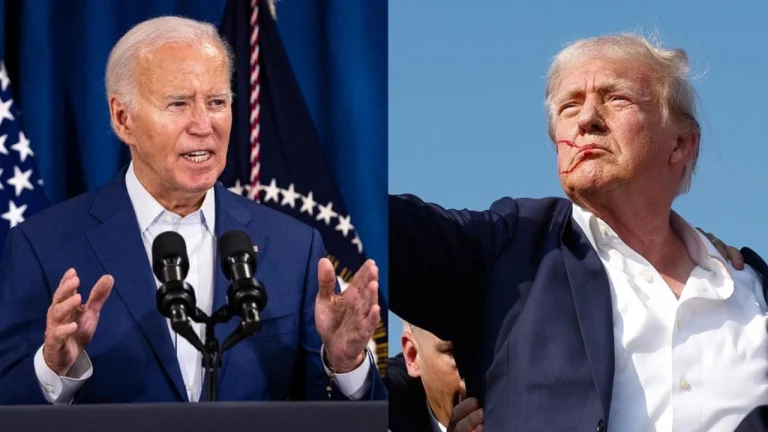While hoax bomb threats are not uncommon in India, the sudden surge since Monday has raised concerns, with authorities still investigating the trigger behind this wave of incidents. Apart from Air India, flights operated by IndiGo, SpiceJet, and Akasa Air were also targeted. On Monday, three international flights departing from Mumbai were either delayed or diverted after a user on X (formerly Twitter) posted threats. Police have since detained a teenager in connection with one of the threats.
The disruptions escalated on Tuesday when seven flights, including two Air India aircraft, were impacted by another set of bomb threats posted on X, with the handle now suspended. Some of the threatening posts tagged airlines and local police, providing flight numbers to add credibility to the hoaxes. Air India announced it is cooperating with authorities to trace those responsible and is exploring legal action to recover losses incurred from the disruptions.
Indian airports activate their Bomb Threat Assessment Committees whenever such threats arise, triggering intensive safety protocols. Passengers, cabin baggage, cargo, and check-in luggage are removed from the aircraft and re-screened, while bomb squads, sniffer dogs, and security personnel thoroughly inspect the plane. The process results in costly delays, impacting both airlines and security agencies. In cases involving international flights, such as those heading to Singapore or Canada, foreign agencies also become involved.
In Singapore, Defence Minister Ng Eng Hen confirmed that two fighter jets were “scrambled and escorted” the Air India Express flight to Changi, where airport police took charge, and investigations are ongoing. Meanwhile, in Canada, the Royal Canadian Mounted Police launched an investigation into the threat that diverted the Delhi-Chicago flight. Air India later announced that the Canadian Air Force was transporting passengers to Chicago, although the grounded plane’s departure timeline remains unclear.





